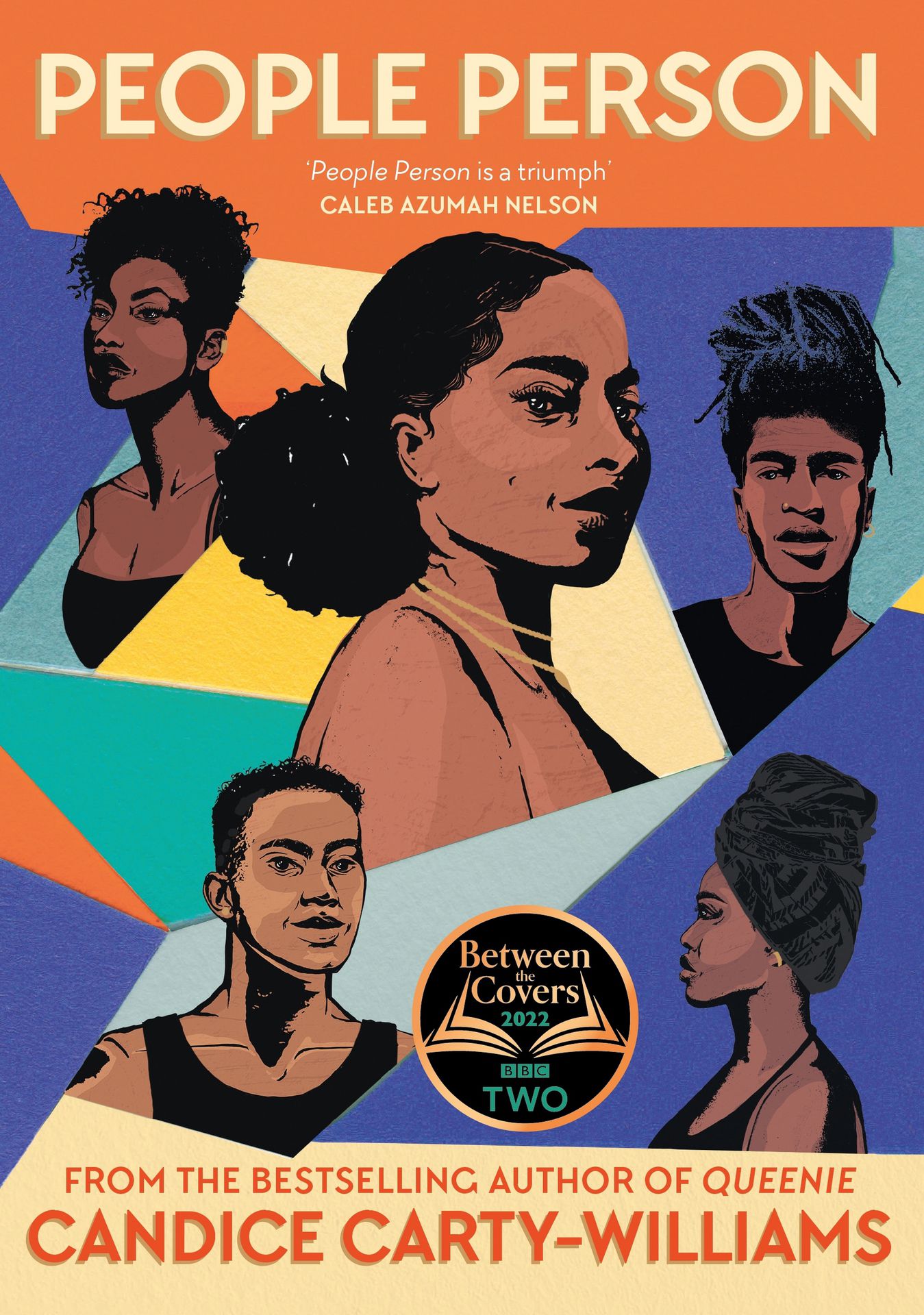The Observer
People Person — Candice Carty-Williams


Candice Carty-Williams’s 2019 debut novel, Queenie, told the story of a 25-year-old British Jamaican woman as she navigates love, life, racism and herself. Its international success has been a phenomenon; it sold more than 160,000 copies in the UK alone and won British book of the year in 2020, making Carty-Williams the first black female author to win the award since its inception. Thanks to its success, her second novel has been highly awaited and backed up by an ambitious marketing campaign of showstopper events, major partnerships and innovative advertising. This kind of pressure must be immense for a new author. Still, on reading the premise of People Person – a family saga featuring five half-siblings with a solipsistic father forced to reconnect because of a catastrophe – my first thought was: this sounds great.
The novel begins in the past with the smooth-talking, emotionally bankrupt Cyril Pennington and his infamous gold Jeep. He collects each of his children from their various homes and brings them together for an awkward and impromptu rendezvous. “Wha’ you know ’bout this tune?” Cyril shouts over blaring music, more interested in swaggering around town than facilitating an earnest reunion between these teenagers who barely know each other’s names. Here, we see glimpses of each sibling’s character. Dimple is sensitive, Nikisha is sharp-tongued, Lizzie is cold, Danny is airy and Prynce is boisterous. Tense moments abound, too: Nikisha fat-shames Dimple (something that affects her for years beyond). Lizzie’s mum, Kemi, refers to the other kids as Cyril’s litter. “Let her meet my mum and tell her about litter,” Nikisha shouts back.
Fast forward to the present day – the story homes in on a now 3o-year-old Dimple, who provides the main vantage point of the narrative. She is an aspiring social media influencer who lives at home with her mother, a barrister and recovering alcoholic. She’s anxious, a little narcissistic and hungry for companionship. Things take a ghastly turn when Dimple’s ex-boyfriend Kyron turns up at her house and physically abuses her. During the attack, he accidentally slips on a puddle of cooking oil. Soon, the estranged siblings arrive to clumsily save the day. This is where a more farcical saga begins. Based upon what we know so far of these ambivalent relatives who are harbouring some unresolved resentment toward each other, it requires a lot of blind faith and gullibility to believe that these 25+-year-olds (with things to lose such as kids and jobs and partners) would, without much questioning or convincing, be prepared to hide a body in a “murder” that very much looks like an accident.
The rest of the novel involves a lot of stressing and scheming as the siblings try to reckon with the aftermath of the incident and the fact that they’re now being blackmailed. We’re taken through family parties, fights between bitter mothers and funerals. All the while, the tension and friction bubbles up between the five siblings. There’s so much fretting and melodramatic buildup that when everything is miraculously wrapped up with a single, finger-wagging chat, you feel cheated.
Where Carty-Williams reigns is in writing humorous speech. The way she uses quick-witted dialogue to highlight strained relationships makes it easy to imagine People Person on screen; a show such as Misfits comes to mind. Her portrait of Cyril’s jovial yet crumbling facade is written with such clarity it feels almost biographical. There’s a moment when all of the kids approach him, asking if he’s ready to finally be a father and he replies: “No… I don’t have it in me.” And that’s that. It’s one of the most soberingly relatable scenes I’ve ever read in a book. I wish Carty-Williams had realised the Penningtons needed few theatrics to reveal their dysfunction and focused on creating more organic moments such as this, rather than setting her characters up with all of these banana skins and trap doors that made them read like a Scooby-Doo ensemble.
Still, although the plot devices sometimes feel too clunky or too convenient, People Person has much of the same coming-of-age themes that fans of Queenie will be familiar with, from navigating through bad relationships to finding yourself amid chaos.